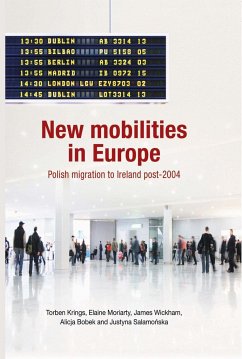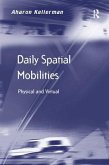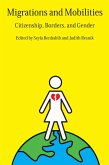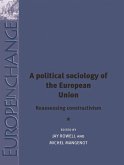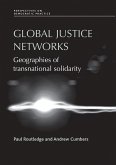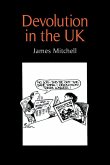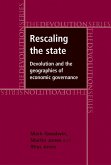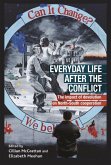This book examines Polish migration to Ireland in the context of 'new mobilities in Europe'. It includes detailed accounts of the working lives of a group of mainly skilled Polish migrants in Dublin. They were interviewed at regular intervals as part of a Qualitative Panel Study. Whereas the first interviews were carried out at the peak of the Celtic Tiger boom, later interview waves were carried out in the midst of a recession. The book thus traces the careers and aspirations of these migrants as Ireland moved from 'boom to bust'. What emerged from the research was above all a new experience of mobility. As 'free movers', Polish migrants were more mobile across countries and within national labour markets. This was a more transient and individualistic form of migration which, it is suggested, is indicative of a broader trend across Europe. Especially younger and more educated Europeans are more likely to pursue flexible worklife pathways in the new European mobility space. The Polish-Irish migration experience was exceptional in terms of the scale of the movements. Ireland's 'goldrush' labour market created a seemingly endless demand for new labour. To understand how Irish firms utilized the new migrant workforce, the book also draws on interviews with employers. It thus locates the actions of both sides of the employment relationship in the particular socio-economic context in Ireland post-2004. An original contribution based on extensive research, the book is accessible to both students and academics, but also policy-makers with an interest in migration and mobility, work and employment, Irish and European affairs.
Hinweis: Dieser Artikel kann nur an eine deutsche Lieferadresse ausgeliefert werden.
Hinweis: Dieser Artikel kann nur an eine deutsche Lieferadresse ausgeliefert werden.

